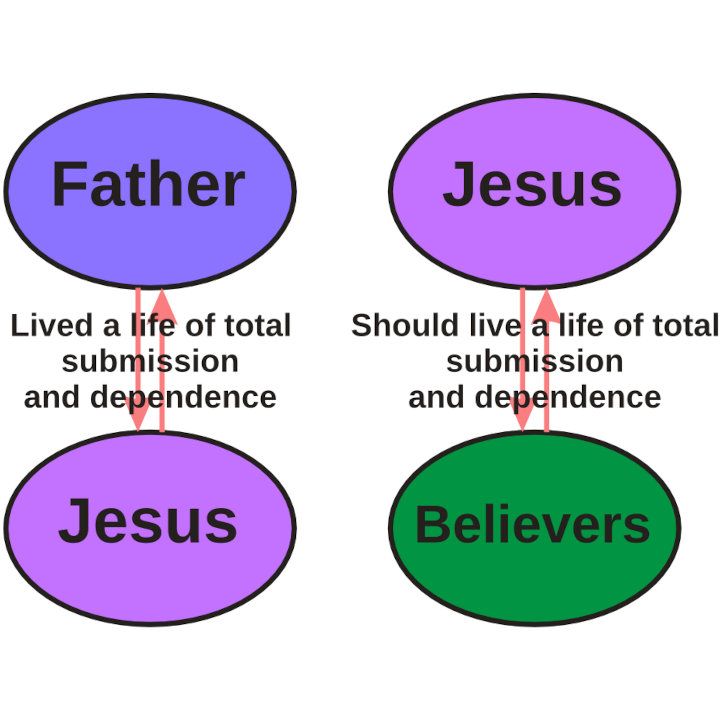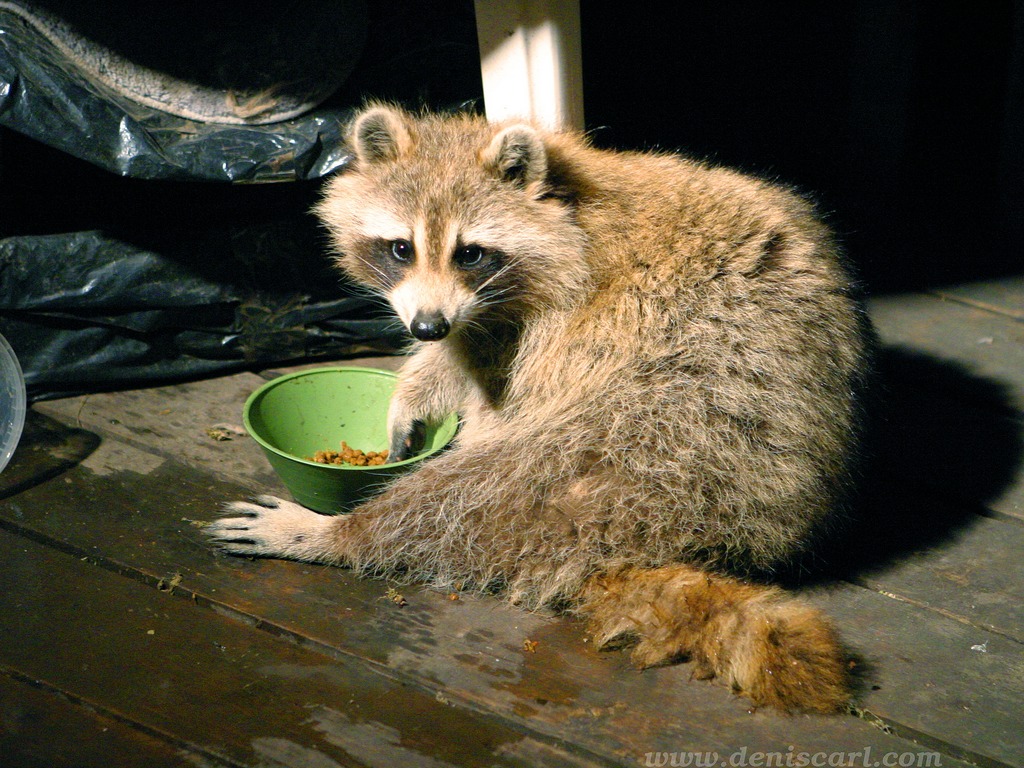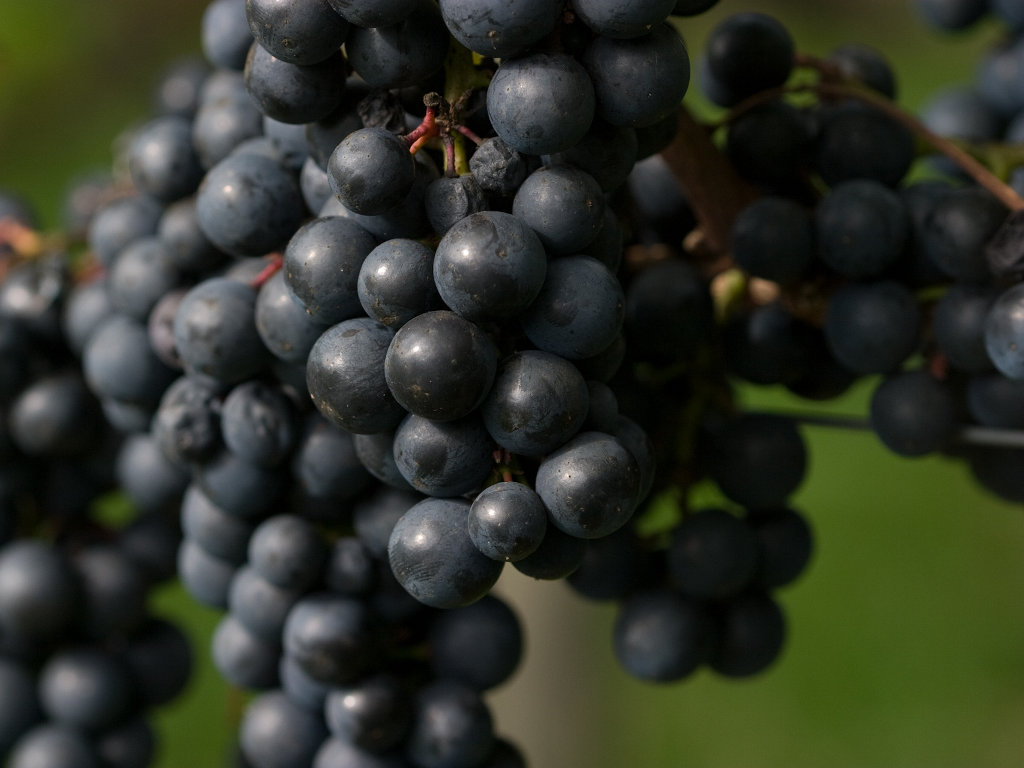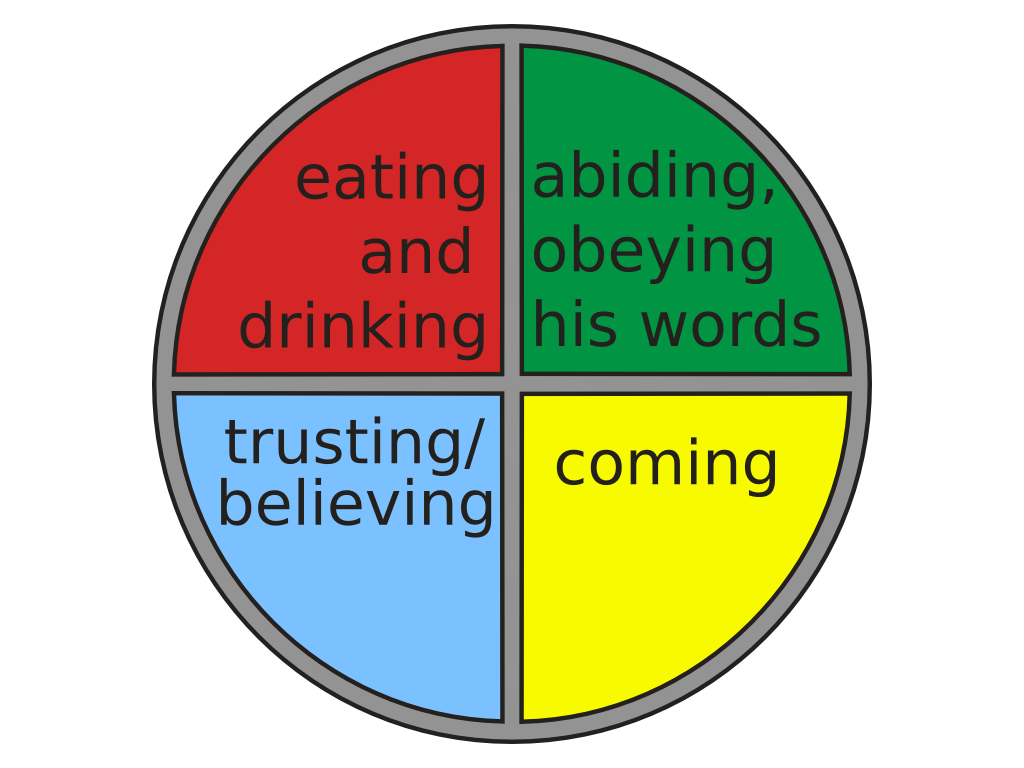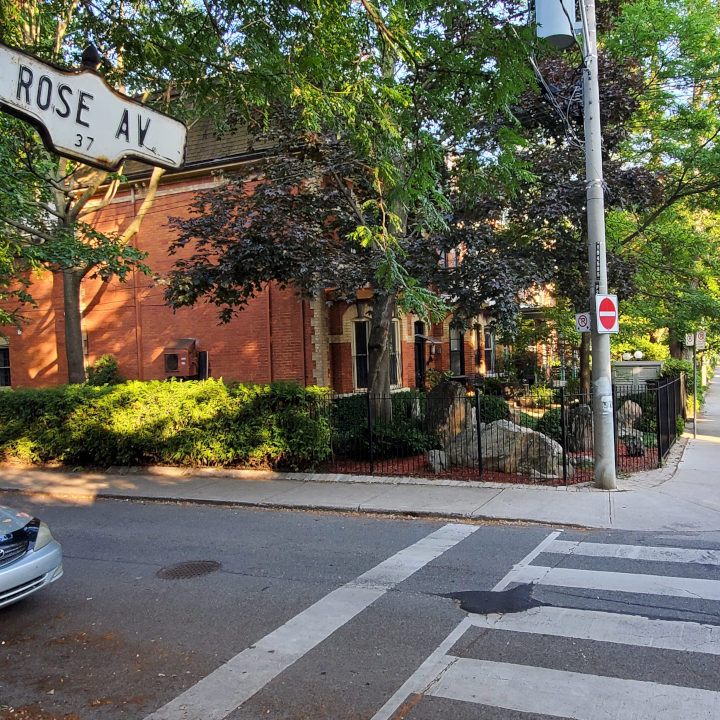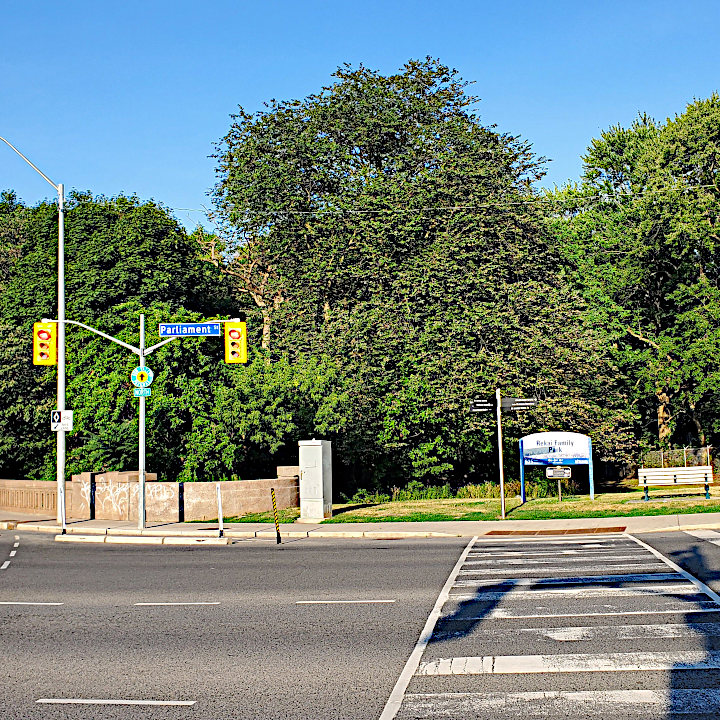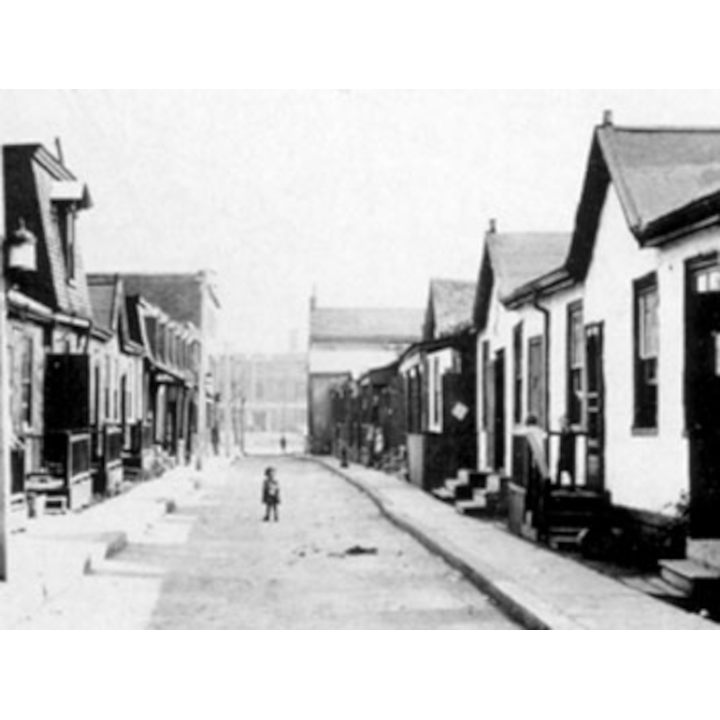- Let’s grasp what Jesus really means when he says‘Eat my flesh and drink my blood’”These strange sounding words can be, for you, a deep source of life!
Play Audio:
Video cover image from Wikimedia Free Photo by Andrew from Pexels
View or download the pdf of the handout here.
1. A careful reading of John 6
- This sounds like breaking bread!
- In fact, we are going to celebrate today’s message by symbolically eating his flesh and drinking his blood.
- In fact, John 6 is the core teaching of breaking bread
- But Jesus added two very important things to this core at the last supper
- He made it the New Covenant meal – a repeating physical celebration event
- He connected it with remembering his death in a physical way
- But at it’s core, this is the image —consuming Jesus
- One of the cornerstones of the Catholic church is the Mass
- They believe the bread and wine become the body and blood of Jesus, sacrificed afresh
- Eating this is the only way to get sins forgiven.
- We believe that the sacrifice of Jesus is complete, in the past
- Jesus said “do this in remembrance of me”, not “sacrifice me again”
- They are powerful pictures of his death for us
- The image is of food and drink being our source of life
- The issue in Catholic teaching is this:Is the bread and wine a symbolic demonstration of feeding on Jesus? Or is it literally his flesh and blood?In John, it cannot be literal because
- Jesus kept telling them to eat his body and drink his blood, but refused to provide any physical food.
- This got them very upset—are we to be cannibals?
- It could not be more clear that Jesus was using food as a symbol.
- The core of the blessing does not depend on literal food
- Jesus kept telling them to eat his body and drink his blood, but refused to provide any physical food.
2. What Jesus means by this strange teaching
- Jesus relationship with the Father a pattern for us
- To summarize:
- these things all go together: coming to him, feeding on him, trusting him, following and obeying him.
- We have to rest on him in obedience.
- Jesus placed himself into a relationship with the Father which is a pattern for our relationship with him.
- these things all go together: coming to him, feeding on him, trusting him, following and obeying him.
- We saw the same imagery when Jesus talked to the woman at the well:
- There a pattern in these verses.
- Jesus describes our relationship with him in the same terms as his relationship with the Father.
- In chapter 4, Jesus had been so busy serving his Father that he had not eaten.
- Doing the Father’s will, was his food, because his obedience was so complete that it amounted to a moment by moment dependence.
The image of eating...
- Perhaps the most powerful image that these words have is simply that of the food and drink that sustains our lives.
- Food is something we all need moment by moment to sustain us.
- We cannot go long without a drink because liquid is vital for our bodies.
- There is another place in John’s Gospel where Jesus uses an image to demonstrate how the believer is sustained moment by moment from himself.
- It is the image of the vine and the branches.
- A branch, cut away from the vine, is cut away from the sap—that source of nourishment and fluid flowing up—and would die straight away.
- We must be joined to Christ and constantly feeding from him and drawing sustenance from him in order to be sustained.
- That is the idea behind this passage, but we must ask
- What does this actually mean in practice?
- Looking at these references allows us to build up an image of what Jesus is talking about.
- Here, quite clearly, eating his flesh and drinking his blood is equivalent to abiding in him
- which we learned from chapter 15 is obeying his words.
- Why does Jesus not just say it plainly?
- We need to be “shocked” into radically changing our thinking
3. How can we eat Jesus’ flesh and drink his blood?
- What does this mean in practice
- a combination of trust and dependence
- example of being in a strange city—trust/follow/depend on someone
- If you are not a Christ follower, this is exactly for you as well!
- life of God in us by the Spirit
- My story about shy after church
Rosalind Goforth Story
New Year’s Day, 1887, was bitterly cold. Jonathan Goforth and I started for a walk through the Rosedale ravine just north of my home. On reaching Parliament Street, instead of turning northward to the ravine, I stopped short and said, “Jonathan, I feel strangely impressed that we should go south down to the slum district.”
He looked at me amazed, and for several moments we stood debating, for he strongly objected, saying very truly that Parliament Street was the last place for a lovers’ walk! At last I said, “Did you ever feel so clearly led to do something that you just had to do it?” To this he replied, “If that is how you feel, let us go south.” (But it was a very silent walk!) For almost a mile and half we walked down Parliament. Then I led the way a block east. By this time I was getting pretty nervous.
Hesitating for a moment, I led on down Sackville Street for over a block, then stopped in front of a small cottage and said, “O Jonathan don’t look at me as if I had gone crazy! Let us knock at this door.”
Jonathan, evidently getting anxious, exclaimed, “But why?”
“I don’t know,” I replied.
The husband opened the door, and on seeing me cried out, with tears running down his face, “Oh, Miss Bell-Smith, God has sent you!”
We found the place like an ice house—no fuel, no fire, no food. The poor wife was lying on a miserable bed with but little over her and seemingly coughing her life away. In the corner of the room lay a dead baby, born a few hours before. Their sad story was quickly told. The man had gone to the city hall for help, but it was closed, it being New Year’s Day. Returning to his wife with his last hope of help gone, he sank down by her bedside and joined her in crying to the Lord to send someone to them. At that very time the strange impelling had come to me.’
Forty years later the woman was still alive and gave a testimony of praise to God!
- quoted from Climbing by Rosalind Goforth (Moody Press, 1955)
- Do any of you have anything at all stressful coming up in the next couple of weeks?
- Focus on this teaching in the coming week! Turn the challenge into an opportunity!


